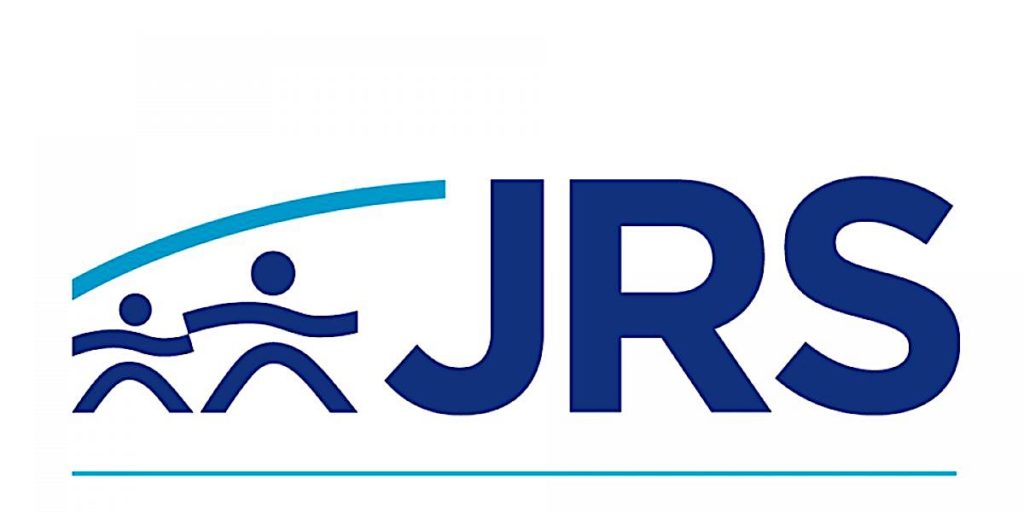KENYA: JRS Calls for Inclusivity of Refugees in Covid-19 Vaccine Distribution

Sr. Jecinter Antoinette Okoth, FSSA
As countries across the world begin to roll out Covid-19 vaccination, Jesuit Refugees Service (JRS) has called on country leaders to prioritize equal supply of the vaccines and include refugees and other forcibly displaced people in the distribution plan.
In a report published on Thursday, March 4, by JRS an international Catholic organization with a mission to accompany, serve, and advocate on behalf of refugees and other forcibly displaced persons, the Director Fr. Thomas H. Smolich said, “Equal access to vaccinations is necessary to ensure public health for all in society. We cannot heal and move forward until all of us, including forcibly displaced people, are vaccinated.”
According to the leadership of JRS, “The dignity of each human person must be the guiding principle for global and national vaccination efforts.”
The organization has reiterated Pope Francis’ message who called upon government leaders, business, and international organizations to foster “cooperation and not competition, and to seek a solution for everyone” rather than “letting the law of the marketplace and patents take precedence over the law of love and the health of humanity.”
“His argument has not fallen on deaf ears,” Fr. Smolich a member of the Society of Jesus (Jesuit) said in the Thursday report and continued, “The World Health Organization (WHO) is encouraging equitable vaccine distribution through the COVID-19 Vaccines Global Access (COVAX) initiative, which includes special provisions for refugees.
The JRS who believes that journeying with refugees is the most important way to express solidarity and concern for their wellbeing disclosed that, “Many forcibly displaced people live without legal status, and their fears of being detained and deported through participation in vaccination programs must be addressed.”
The report highlighted that the protracted Covid-19 pandemic has brought great challenges for displaced people around the world noting that, “Refugee girls and women confined to their homes face heightened risks of gender-based violence, access to school for refugee children has been limited, employment and economic opportunities have been stunted, and the global economic recession has caused food shortages in refugee camps and poor communities.”
As a way forward, the Organization has promised to continue accompanying “refugees and work with regional partner organizations to provide support where needed.”
They have further called on “all decision-makers to address the needs of everyone within and beyond their borders, including those who have been forcibly displaced.” Additionally, the report indicates that “JRS supports efforts to temporarily suspend intellectual and patent rights for COVID-19 vaccines, allowing more rapid and cost-effective vaccine production in the developing world itself.”
Fr. Smolich the Director of the Jesuit 40-year organization added, “The vaccine brings hope to end the pandemic’s suffering, and JRS affirms that everyone is entitled to share in that hope.”
JRS helps refugees in 56 countries around the world including six in the Association of Member Episcopal Conferences in Eastern Africa (AMECEA) countries: Uganda, Ethiopia, South Sudan, Tanzania, Malawi and Kenya.


